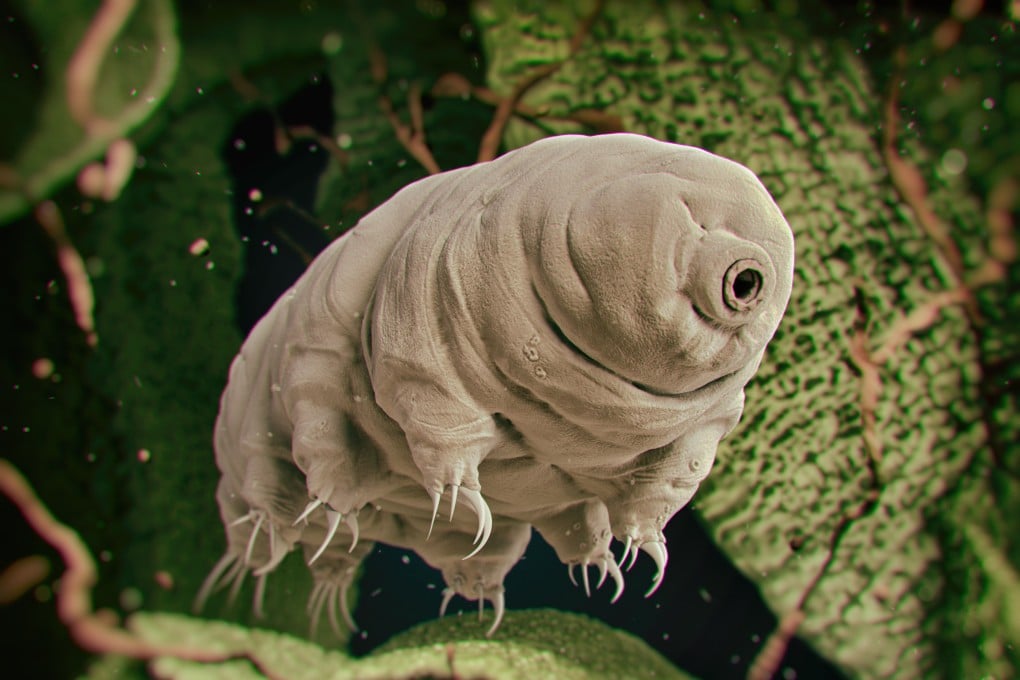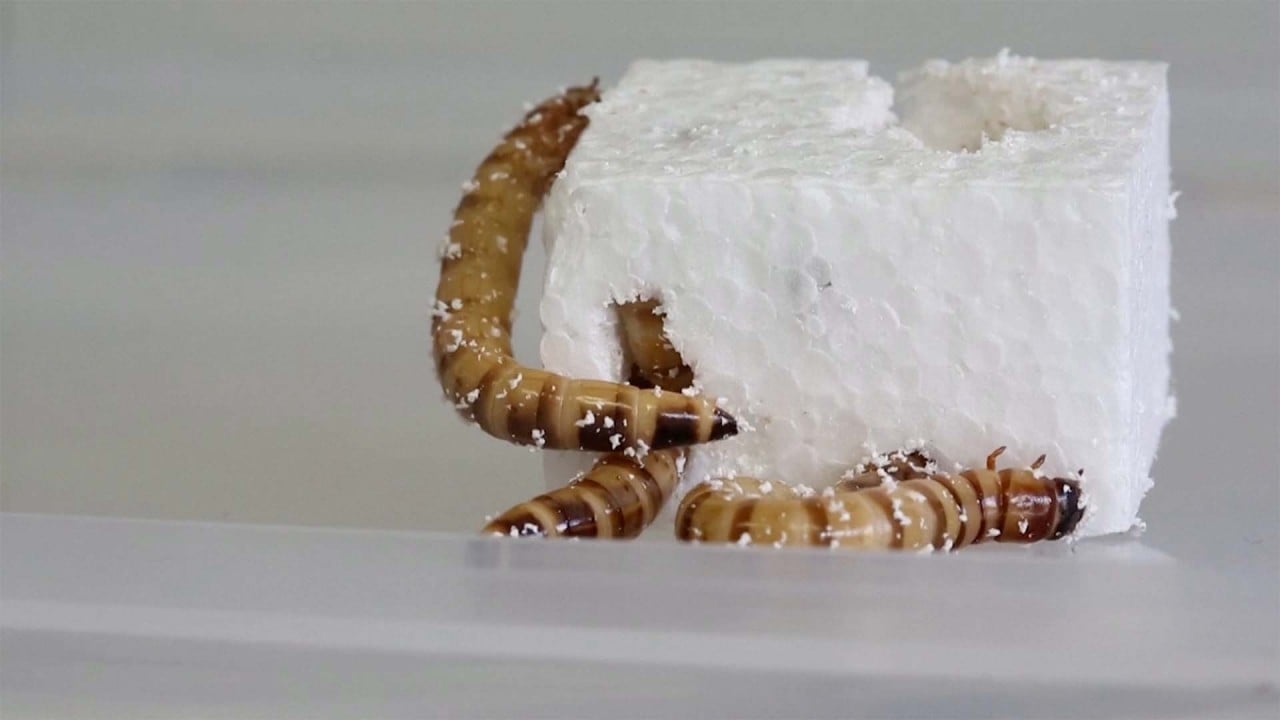Advertisement
Chinese team behind extreme animal gene experiment says it may lead to super soldiers who survive nuclear fallout
- Modified human embryonic stem cells showed supernatural resistance against radiation, according to paper by Academy of Military Sciences team in Beijing
- Shanghai-based scientist says study may open a can of worms, particularly when funding is involved
Reading Time:3 minutes
Why you can trust SCMP
4

Stephen Chenin Beijing
A team of military medical scientists in China says it has inserted a gene from the microscopic water bear into human embryonic stem cells and significantly increased these cells’ resistance to radiation.
They said success in this unprecedented experiment could lead to super-tough soldiers who could survive nuclear fallout.
From water bear to super soldier
The water bear, also known as tardigrade or moss piglet, is an eight-legged animal smaller than 1 millimetre long and the hardiest creature on Earth. Over years of scientific testing, it has survived -200 degrees Celsius, more than anour hour in boiling water and after flying in space.
The water bear’s toughness comes in part from a gene that can generate shieldlike proteins to protect its cells against radiation and other environmental damage.
The Chinese team said it had found a way to introduce this gene into human DNA using CRISPR/Cas9, a gene-editing tool now available in most bio-labs.
Advertisement
